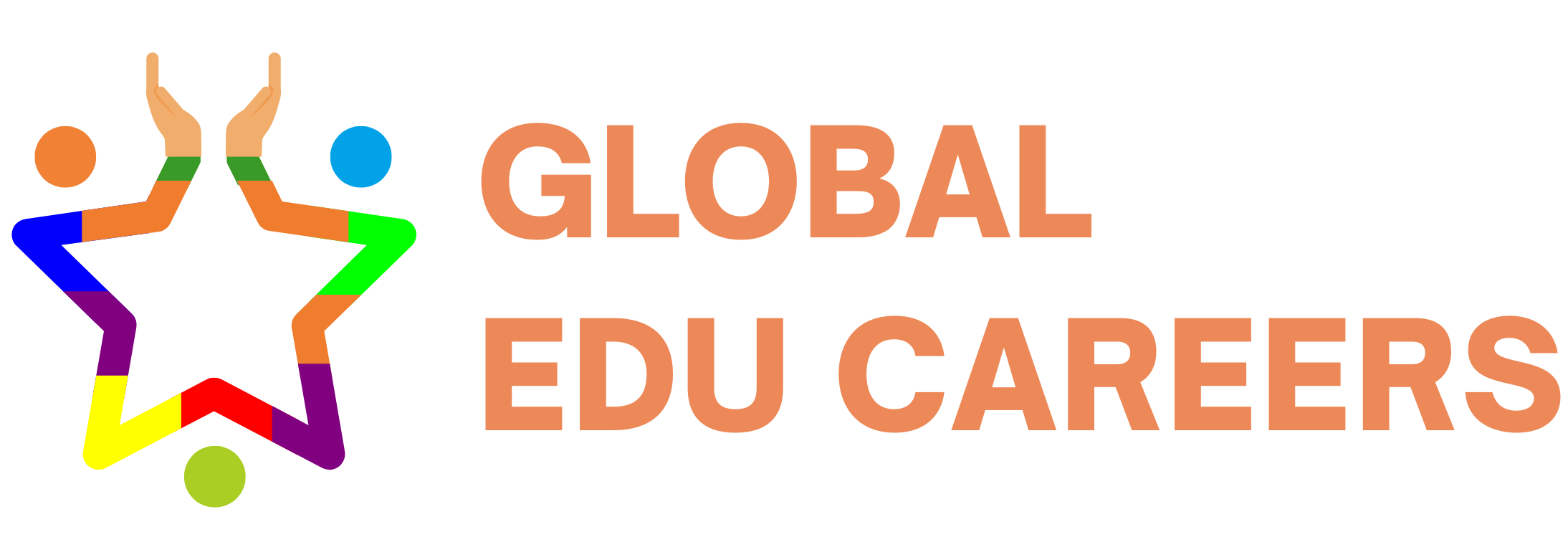Top Career Counseling Tips for Indian Students Transitioning to Higher Education
Transitioning from school to higher education is a critical phase for Indian students, filled with excitement and a lot of decision-making. With so many courses, colleges, and career paths to choose from, the process can be overwhelming. This is where career counseling for Indian students plays a pivotal role. It helps in higher education planning and provides college admission guidance, which is essential for making informed decisions.
In this article, we’ll explore top career counseling tips that can help Indian students navigate their journey toward higher education successfully.
1. Understand Your Interests and Strengths
One of the first steps in career counseling is helping students identify their strengths, weaknesses, and interests. Many students are unsure about what career path to pursue, and that’s okay! It’s important to explore different fields and understand what excites you.
For example, if you’re passionate about technology and have a knack for problem-solving, a career in engineering or computer science might be a good fit. On the other hand, if you’re more creative and enjoy art and design, you may want to explore fields like architecture or graphic design.
2. Research Your Course Options
Once you know your areas of interest, the next step is to research courses and degrees available in those fields. Career counseling for Indian students involves helping them evaluate different study programs. Do you want to pursue a bachelor’s degree in India or study abroad? What are the entrance exams required for your chosen course?
For instance, if you’re aiming for engineering, you’ll need to prepare for entrance exams like JEE or BITSAT. Similarly, for medical courses, NEET is the gateway. Counselors guide students by providing detailed information about these exams and their preparation strategies.
3. Seek College Admission Guidance
Finding the right college is as important as choosing the right course. A good career counselor will provide college admission guidance, taking into account your academic performance, financial background, and career goals. They will help you shortlist colleges based on your preferences.
For example, students looking to pursue management studies might consider colleges like IIMs or SPJIMR, while those interested in technology can aim for institutes like IITs or NITs. Counselors can also offer valuable insights into the admission process, scholarships, and financial aid, ensuring that you find the best institution that fits your needs.
4. Focus on Skill Development
While academic performance is important, skills such as communication, leadership, and problem-solving are equally crucial in today’s competitive job market. During the transition to higher education, students should focus on building these soft skills.
For example, if you plan to pursue business management, strong interpersonal skills will be crucial. Career counselors often recommend workshops or extracurricular activities that help enhance these abilities. Some students opt for internships or short-term courses to gain practical exposure, which is highly valued by colleges during the admission process.
5. Stay Informed About Future Career Prospects
Another key aspect of career counseling is staying informed about the future scope of the chosen field. Is there a growing demand for professionals in this area? What are the typical salary expectations and job opportunities?
For example, students considering careers in data science or artificial intelligence should be aware that these fields are currently booming in India and abroad. On the other hand, fields like journalism or the arts might have more limited opportunities, so it’s important to understand the job market before making a decision.
6. Consider Multiple Career Pathways
It’s important to remember that there isn’t always a single path to success. Sometimes, students discover new interests while pursuing higher education, leading them to switch their career paths. Career counseling encourages flexibility and offers guidance on alternative options.
For instance, a student who starts with a degree in computer science may later decide to specialize in digital marketing or data analytics. This is common, and counselors help students evaluate their options based on their evolving interests and skills.
7. Plan for Entrance Exams
In India, most higher education institutes require students to clear entrance exams. These can range from national-level exams like NEET, JEE, CLAT, and CAT to university-specific tests like those conducted by BITS Pilani or SRM University.
Career counselors can help students by providing exam-specific strategies, study materials, and mock tests. For example, students aiming for engineering colleges are guided on how to prepare effectively for the JEE Main and Advanced exams, while those interested in law might focus on cracking the CLAT.
Conclusion
Transitioning to higher education is a significant milestone in every Indian student’s life. With the right career counseling, students can navigate this journey with confidence, ensuring that they choose the right course and college that aligns with their future goals. From identifying your interests to providing higher education planning and college admission guidance, career counselors play a crucial role in shaping your future.
By following these tips, Indian students can take a more structured approach to their career planning, ensuring that they make the best decisions for their higher education and beyond.






